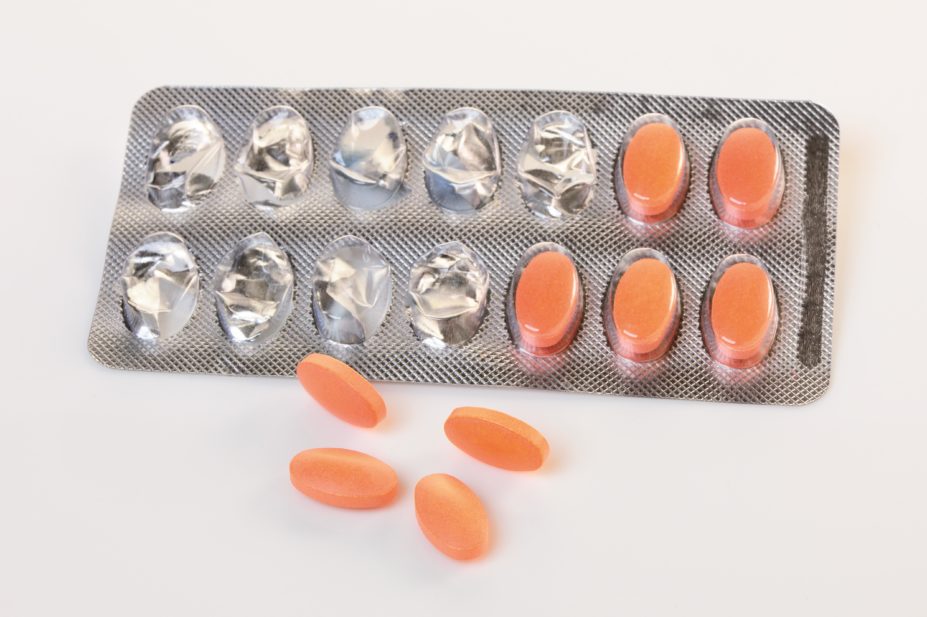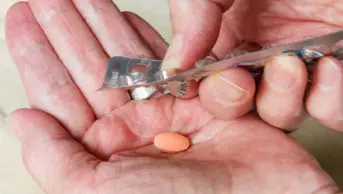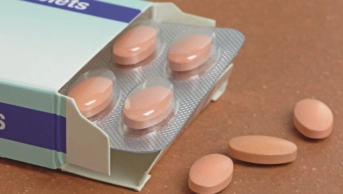
Shutterstock.com
Patients who have suffered a heart attack or stroke and are then prescribed statins can reduce the risk of suffering another by nearly 25%, according to new research findings.
A study of 62,000 heart patients by researchers at the Intermountain Heart Institute in Utah found that those who were prescribed statins reduced their chances of suffering another heart attack or stroke or of dying early by almost a quarter.
Researchers examined patients who had survived heart attacks and strokes between 1999 and 2013. They were then followed for three years, or until death, to identify the effectiveness of statin use prescribed at the time of their discharge.
The study’s lead author, Jeffrey Anderson, said that in “a real-world clinical setting, we noted that patients who’d just experienced a major cardiovascular (CV) event weren’t always prescribed a statin, and others didn’t have doses that were high enough to provide optimal outcomes.
“The key takeaway for clinicians and patients is that statins work, and routinely prescribing a statin and the optimal dose for the patient will help improve outcomes by lowering risk of a repeat heart attack, stroke or revascularisation procedure such as a stent or bypass surgery,” he added.
The researchers found that 30% of patients in the study who were discharged from the hospital following a heart attack or stroke were not prescribed a statin, which led to worse outcomes for those patients.
They also found that only 13% of patients were given a high-intensity dose of statins — but noted that patients on those higher doses experienced fewer heart attacks or strokes.
For patients under 76 years old, a high-intensity statin is recommended by American Heart Association guidelines, yet only 17.7% of these patients in the study were found to have been discharged on a high-intensity dose.
Helen Williams, consultant pharmacist for cardiovascular disease for south London, said: “These data confirm the recommendation in current NICE guidance that people with existing CV disease should be prescribed a high dose of a high intensity statin, such as Atorvastatin 80mg daily.
“Concerns over effectiveness and possible side effects have impacted on the use of statins in the UK, and this study provides vital reassurance regarding their value in reducing the risk of CV events in a high risk population. Pharmacists should support patients initiated on high-intensity statins, particularly following an acute event such as a heart attack or stroke, by ensuring they understand the importance of statin therapy and addressing any concerns the patient may have.”


